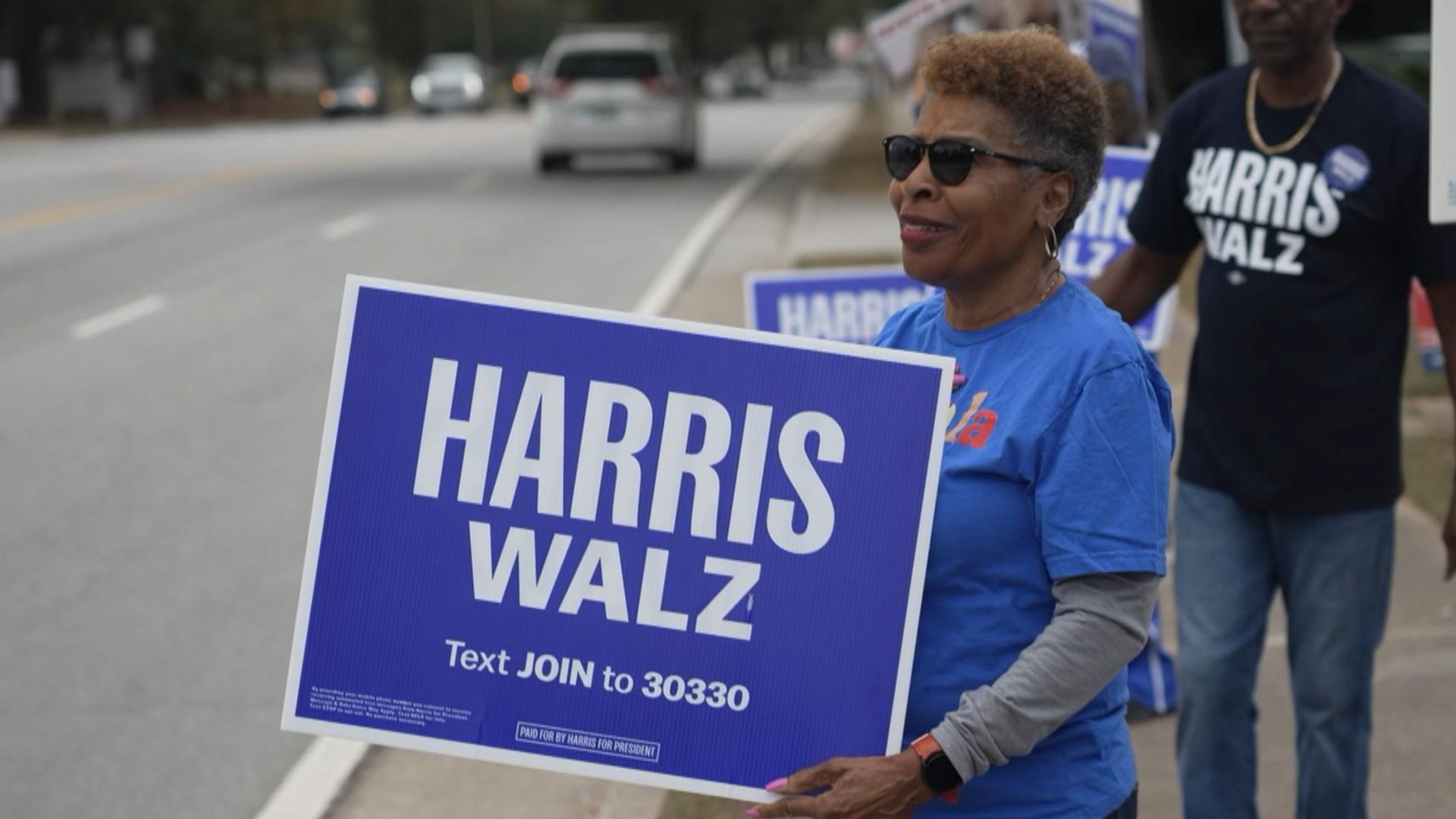
A federal judge will decide if a new Maine law regulating foreign governments’ influence in elections needs to be paused as four different lawsuits work their way through the court system.
Maine voters passed Question 2 in November, which bans foreign governments and companies that are at least 5 percent owned by them from influencing candidate or referendum elections in Maine and urges Congress to pass an anti-corruption amendment to the Constitution.
Four lawsuits were filed after the law passed with 86 percent of the votes. One lawsuit each was filed by Central Maine Power Co. and Versant Power, one by current and former lawmakers, and one by a group representing Maine Association of Broadcasters and Maine Press Association, who are charged with enforcing aspects of the new law. The Bangor Daily News is a member of the latter group.
U.S. District Court Judge Nancy Torresen heard nearly three hours of arguments from attorneys for those groups and the Maine attorney general’s office Friday morning.
Torresen said she’ll issue an opinion on a preliminary injunction by the end of the month. The lawsuits will likely be appealed to the United States Court of Appeals for the First Circuit, she said.
Whether the law violates First Amendment rights was a main topic addressed during the hearing, along with if it violates the Dormant Commerce Clause, which stops states from discriminating against out-of-state businesses and trading.
One large unanswered question is what constitutes a foreign entity that does not have First Amendment rights, Torresen said.
If five foreign entities have a 4 percent interest each, that does not violate the act. It’s only violated if one single foreign entity has a 5 percent share, Assistant Attorney General Jonathan Bolton said.
That scenario shows the law is a “bludgeon” because those five entities could have massive impact but still not violate the law, said attorney Paul McDonald, for Versant Power and Enmex Corporation.
The rules and regulations companies have to follow are not finalized. A commission is working on that, Bolton said. There will be “sensible policies and procedures,” related to how media organizations need to check for foreign interference, Assistant Attorney General Paul Suitter said.
The AG’s office, Torresen and CMP agree that foreign interference is an issue in local elections, CMP attorney Joshua Dunlap said. The problem CMP has with the law is the attempt to prevent foreign influence from control on American companies, despite no proof of that ever being an issue.
“But the state has zero evidence, zero evidence, of such control,” Dunlap said. “What they have evidence of spending by American corporations. That’s it. They don’t have any evidence of any control.”
The judge said she is concerned about foreign government influence in elections, but she wasn’t sure if this law will address issues on social media where there are ads and posts sponsored by outside entities.
The law likely will only affect social media posts and ads where a foreign government had spent money, Bolton said. An investigation into what went on behind the scenes for the social media posts would be necessary.
A person just turning the TV off, or scrolling by an ad is not enough, because the damage of undermining confidence in elections is already done, Bolton said.
“The threats to our democracy are not CMP buying ads in the [Portland] Press Herald,” Sigmund Schutz, an attorney for the media groups, said. “There’s a broader issue here, which is there’s no reason to think that these businesses — if they were 100 percent owned by Mainers’ — will be engaging in any speech other than the speech they engaged in on these referendum pamphlets.”
Ads published by broadcast, radio and print outlets, as well as “internet platforms,” are subject to the law. Torreson asked if “internet platforms” refers to things like Facebook, which by Suitter’s “read of the statute,” is that it “needs to be an internet platform that is maintained or run by a media entity.”
Media organizations cannot violate the law by simply publishing an ad, Suitter said. The violation would happen if the organization later finds out the ad was against the law and refuses to take the ad down.
Lawyers for the AG’s office made multiple references to their reading of the law and their belief of what the law means, which is concerning, Dunlap said.
“In essence, the government is saying ‘trust us,’” Dunlap said. ‘That’s squarely foreclosed by Supreme Court precedent.”
The law may be enforced civilly or criminally, Bolton said. Companies will likely have to check a box when buying ads, saying they do not have 5 percent or more of their company owned by a foreign entity.
Multiple attorneys raised concern that any foreign entity willing to break the law would not be scared off by a checkbox, even with the potential of a felony charge.
“It is important, I think, to again recognize the radical nature, which could result in jailing officers and directors of American corporations for engaging in political speech,” Dunlap said. “For that the state has not come close to carrying this burden to prove that the law is constitutional.”









